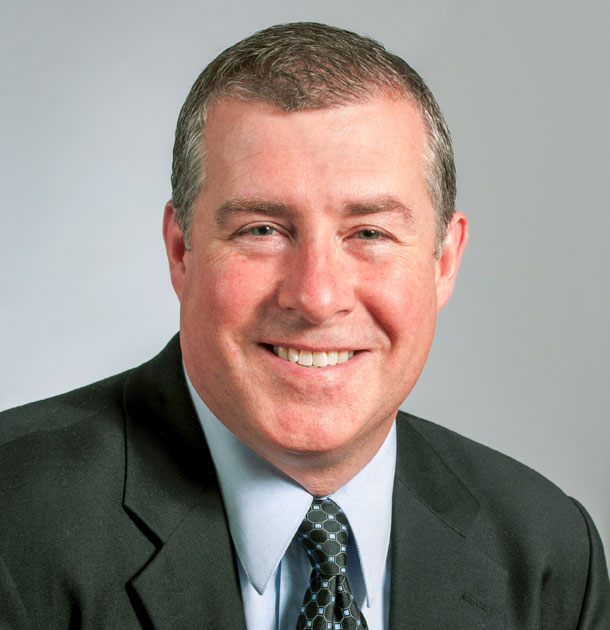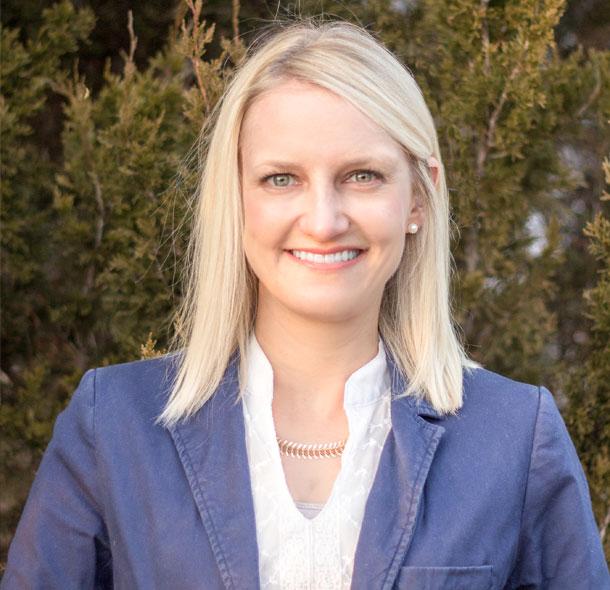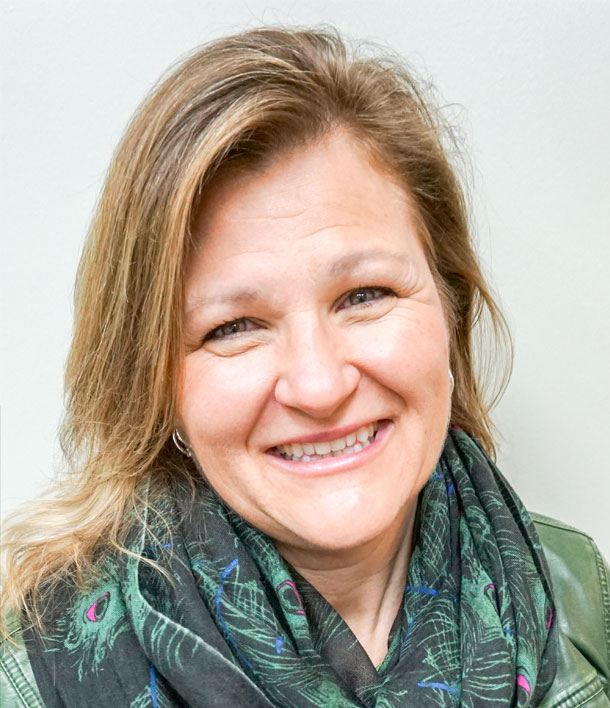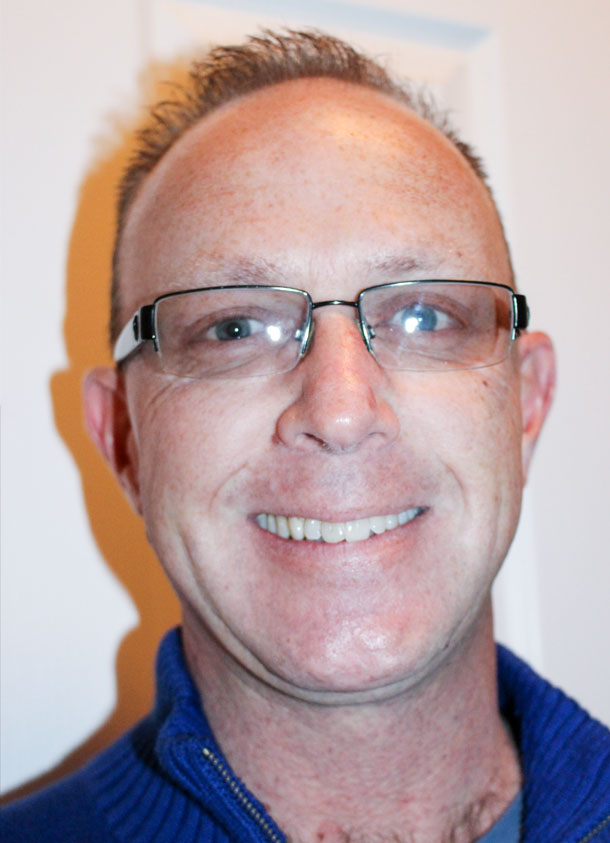They comprise the agenda of the 34th annual South Western Ontario Dairy Symposium to be held Feb. 23 at the Woodstock Fairgrounds in Woodstock, Ontario.
Registration begins at 9 a.m. There is a $20 registration fee, which includes admission to the speaking program, access to more than 130 agribusiness exhibitors, a hot lunch and a written copy of the day’s proceedings.
New this year, TD Canada Trust is offering $10 off the admission fee to those who arrive before 9:30 a.m.
For a preview of the day’s presentations, Progressive Dairyman asked each of the speakers a couple of questions. Read on to see their responses.
In addition to the presentations listed below, Devin Brennan of the Ocresco Company will present “Operating Today’s Dairy Business in a Global Market,” and a producer panel will discuss “Achieving a Successful Bottom Line.”
Dairy producers on the panel include Kyle Averhoff of Royal Farms, Kansas; Philip and Pete Armstrong of Armstrong Manor, Ontario; and Tom Hoogendoorn of Valedoorn Farm, British Columbia.
The event will end with its traditional “Speak your Mind!” session. Questions from the floor are welcome, and DFO representation will be present to provide answers.
Questions for other agencies or boards can be posted in advance online South Western Ontario Dairy Symposium, and show organizers will invite those representatives to take a turn at the podium.
For more information, email South Western Ontairo Dairy Symposium or call (519) 274-9031.

Forget Thinking ‘Fast and Slow’ – Think differently
Jacques Lefebvre, President and CEO,
Dairy Processors Association of Canada
Why is this topic important?
In my presentation, I will make the link between thinking differently and innovation. The term “innovation” has been used in different ways, including as a result of fundamental research, applied research, etc.
These are important for our industry – but equally important is being innovative in the way we view the two sectors and their role in supporting a vibrant dairy industry in Canada.
I believe that if the two sectors can build from our success in modernizing the supply management system through ingredient strategies, we can grow opportunities for the future.
What do you hope attendees will take away from this presentation?
My goal is for producers and processors to view themselves and each other as true partners and for them to recognize the value of a win-win mindset. My hope is that participants can appreciate that innovation through all of its iterations requires a focus on the middle to long term.
Ultimately, I would like the take-away for participants to be that buying into a different paradigm for our industry is not sufficient. They need to actively engage individually and through their organizations in promoting this approach.

Not our Grandparents’ Genetic Selection Tools
Lynsay Beavers, Industry Liaison Coordinator,
Canadian Dairy Network
Why is this topic important?
Genomic selection has opened the doors to genetic improvement in areas previously unimaginable. This talk will cover the interpretation and use of new traits like mastitis resistance and metabolic disease resistance.
In addition, current work being done on novel, game-changing traits like hoof health, feed efficiency and methane emissions will be discussed.
Understanding new traits is important, as their “newness” may intimidate some breeders while their effective use will surely improve the bottom lines of adopters.
What do you hope attendees will take away from this presentation?
The hope is that attendees will take away increased awareness of and comfort using new traits, a greater understanding of the research that goes into developing such traits, as well as a renewed excitement for the future of dairy cattle breeding.

Social License, Public Trust and Transparency: Connecting the Dots to your Farm
Crystal Mackay, CEO,
Farm & Food Care
Why is this topic important?
Public trust is an important foundation for success for dairy in the future. Canadians drink our milk, have questions about how we care for our cows and the environment, and can vote on how we farm.
Today, Canadian farmers are well liked and trusted by the public. However, when we ask more specific questions about environmental stewardship or animal welfare, that quickly changes to almost half our population is unsure.
Unsure can quickly lead to negative or “against” if credible and positive information isn’t given to the average person who Google searches milk or cheese.
The opportunity is now to build on positive interest in knowing more about where our food comes from to connect our farm gates to dinner plates.
What do you hope attendees will take away from this presentation?
Building public trust in food, and dairy specifically, is not just a communications challenge; this is a business challenge and an investment for the future.
It’s time for the dairy industry, and the people who are passionate about it, to stand up and invest in sharing the accurate information of how milk gets to our tables. Let’s stand up for what we are for together to reach millions with Farm & Food Care.

The Health and Safety Act: Don’t Risk Non-Compliance
Jay Remsik,
Workplace Safety and Prevention Services
Why is this topic important?
To ensure that, at the end of the day, everyone (employer, family member and worker) goes home safe from his or her job on the farm.
What do you hope attendees will take away from this presentation?
Agricultural operations have been under the Occupational Health and Safety Act since July 1, 2006. I hope to provide to the attendees a better understanding of their duties and responsibilities as an employer, whether they employ full-time or part-time employees.
(For example: mandatory worker awareness training, first aid training requirements, registering with the Workplace Safety and Insurance Board – if they employ workers, the role of the Ministry of Labour and the role of Workplace Safety and Prevention Services.) ![]()

-
Karen Lee
- Editor
- Progressive Dairyman
- Email Karen Lee







